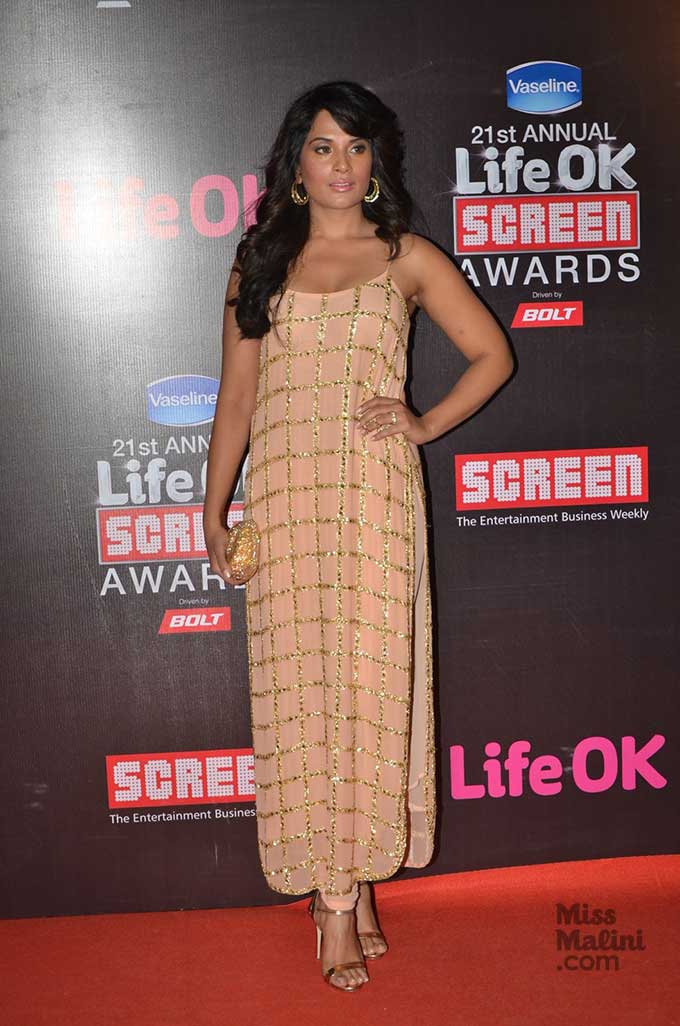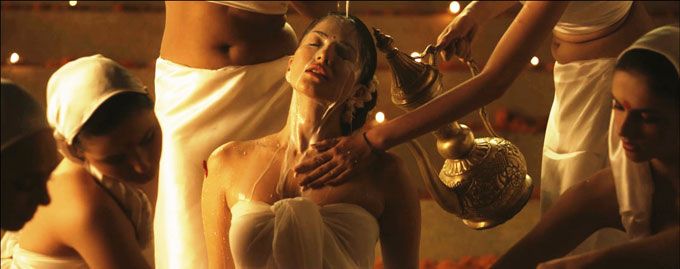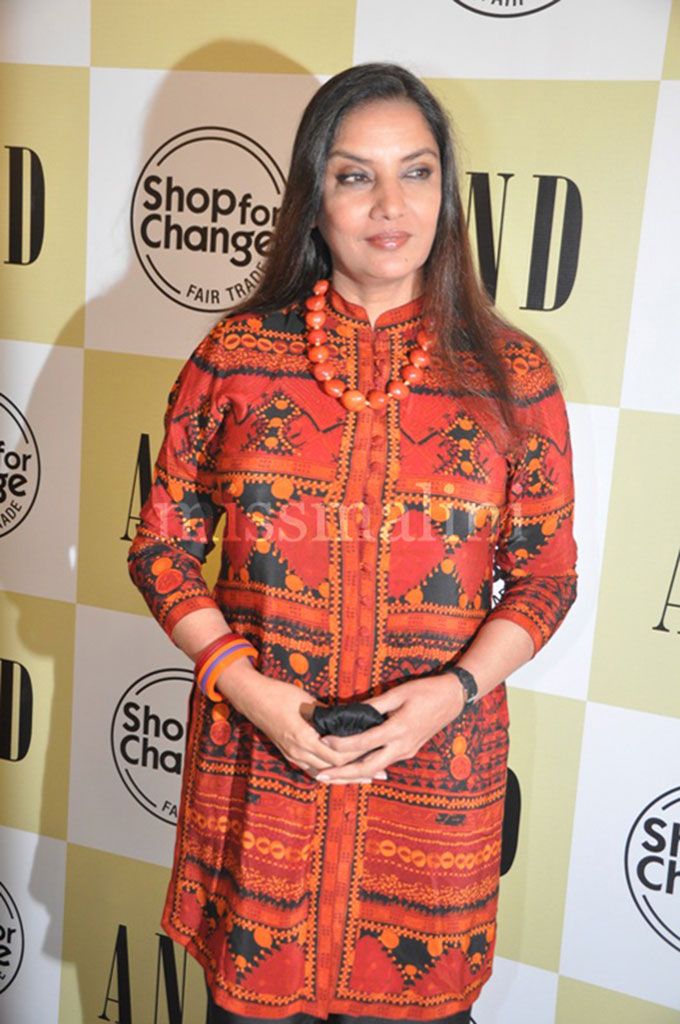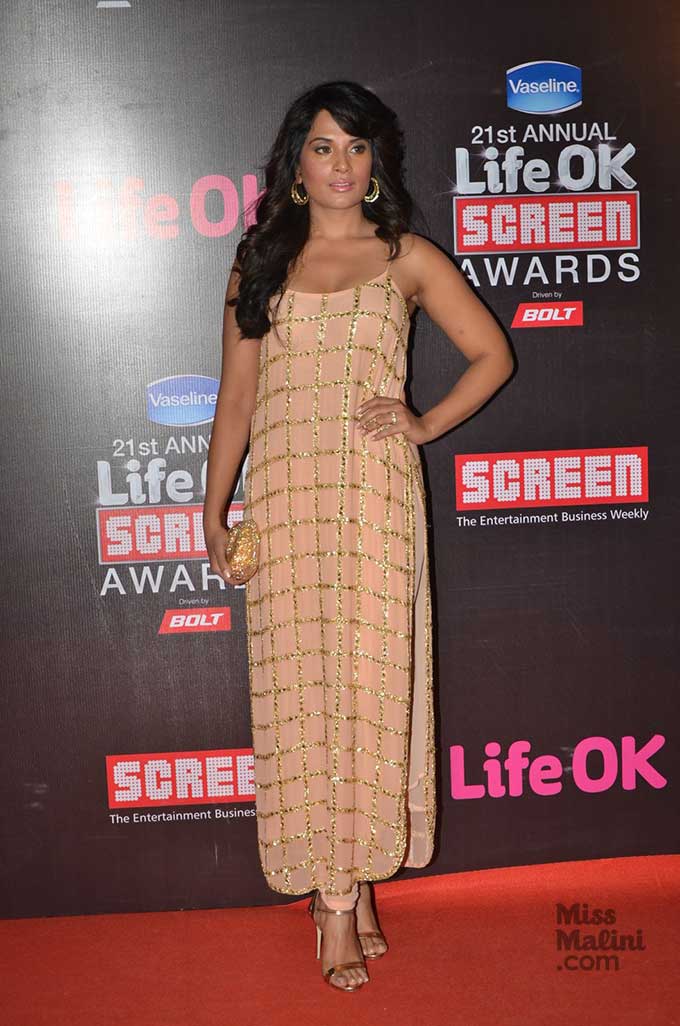
Bollywood continues to be an interesting place, both on and off screen. Even as the AIB controversy continues to simmer, a new one recently emerged, with Censor Board chief Pahlaj Nihalani sending out a circular to all Regional Offices (ROs) at the Censors, listing words and phrases that he feels are objectionable, abusive and worthy of being deleted from films. While there were 36 English and Hindi references of banned cuss words, the list also ordered deletion of ‘double-meaning words’, use of the word ‘Bombay’, glorification of bloodshed and of course ‘violence against women’.
Though Rajyavardhan Rathore, Minister of State for Information and Broadcasting, has hinted that for now the makers can just ‘ignore’ Nihalani’s list till a better solution comes in, it is not surprising to see that even women folk from Bollywood believe that such guidelines have resulted in things been taken a bit too far.
Taapsee Pannu says,
“Let’s ask them (Censor board) the list of topics and agendas we can address in our movies as well and soon maybe the actors who they can think will act in their defined limits. Or maybe let’s just ask them only to direct movies. And probably they will be the only ones watching those movies too.”

“This is childish,” exclaims Jasmine D’Souza, who is making One Night Stand with Sunny Leone.
“You expect films to reflect society. How can you ban something which is ok in real life but not ok in its portrayal? How is it even justified that you can do and speak all things but can’t show on screen? Which era are we getting into? Are you looking at making silent era films again? If so, make Aalam-Ara again.”
She adds on a lighter note,
“If you will speak in shuddh Hindi and you don’t use galat alfaaz then people will wonder whether you are ok. Woh kahenge – ‘Tu theek toh hai naa bhai’. I am not saying yeh sab bure lafz hamaari sanskriti hai but yeh normal hai. When Dharmendra says ‘kutte’ aur ‘haraamzaada’ then you liked it and now you seem to have a problem with that. Agar aisa sochenge then you can’t make films at all. If you want to shut down industry then just say it; we will move on to something different.”
Richa Chaddha adds,
“The CBFC is an institution created to make sure that films do not harm or incite society in any way. Films need to reflect what’s happening in society, not do moral policing. I feel we were far more liberal a few decades ago. When Bachchan saab used to light a cigarette in the 70s, it didn’t increase cancer and there was no watermark. We are regressing in every way towards the dark ages. No one should be allowed to decide what Indian culture is, and dictate it to the rest of us.”

“Even Shabana Azmi tweeted that the organization’s name is Censor Board of Film Certification; it doesn’t talk about censorship per se anywhere,” says Anubhav Sinha.
“CBFC ki zimmeddari hai ki they certify a film. Secondly, how can we ignore the fact that samaaj bhi change hua hai’ that needs to be recognized. We can’t wear spectacles and decide that abse yahi hoga.”
Meanwhile, when it comes to matters related to Freedom of Speech, Dale Bhagwagar, Bollywood PR guru, digs deeper down. He says,
“Under Indian law, the freedom of speech and of the press do not confer an absolute right to express one’s thoughts freely. Clause (2) of Article 19 of the Indian constitution enables the legislature to impose certain restrictions on free speech. Such debates over censorship in India happen when one takes the words ‘freedom of speech’ for their literal meaning, without fully understanding their constitutional meaning.”
Aah, now that’s a view as well!

